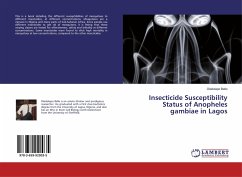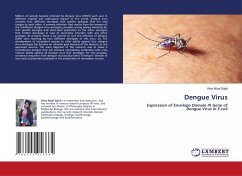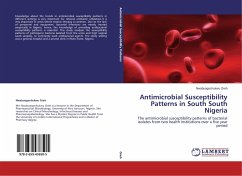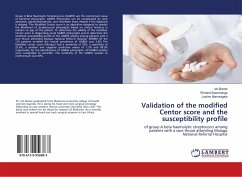Urinary tract infection UTI is one the most common infections in humans. The majority of causative agents are belongs to bacterial genera.Most of urinary tract infections are caused by gram-negative bacteria, 90% of UTI cases are due to bacteria;of which E.coli are the main ones. E.coli strains in particular are responsible for 80% of the UTI cases seen in outpatient and in patient clinics. Worldwide about 150 million people are diagnosed each year with UTIs.In Ethiopia, even though the disease has been known locally, as it has not been systematically studied well, the available information about its prevalence and the associated problem is inadequate. A cross sectional study involving laboratory and questionnaire based survey method was conducted in Dire Dawa Dil Chora Hospital from February to May 2011 to determine the prevalence of E.coli strains in patients complaining about UTI, to see the association between risk factors and UTI and the antibiotic sensitivity patterns of the isolated dominant E.coli strains.








